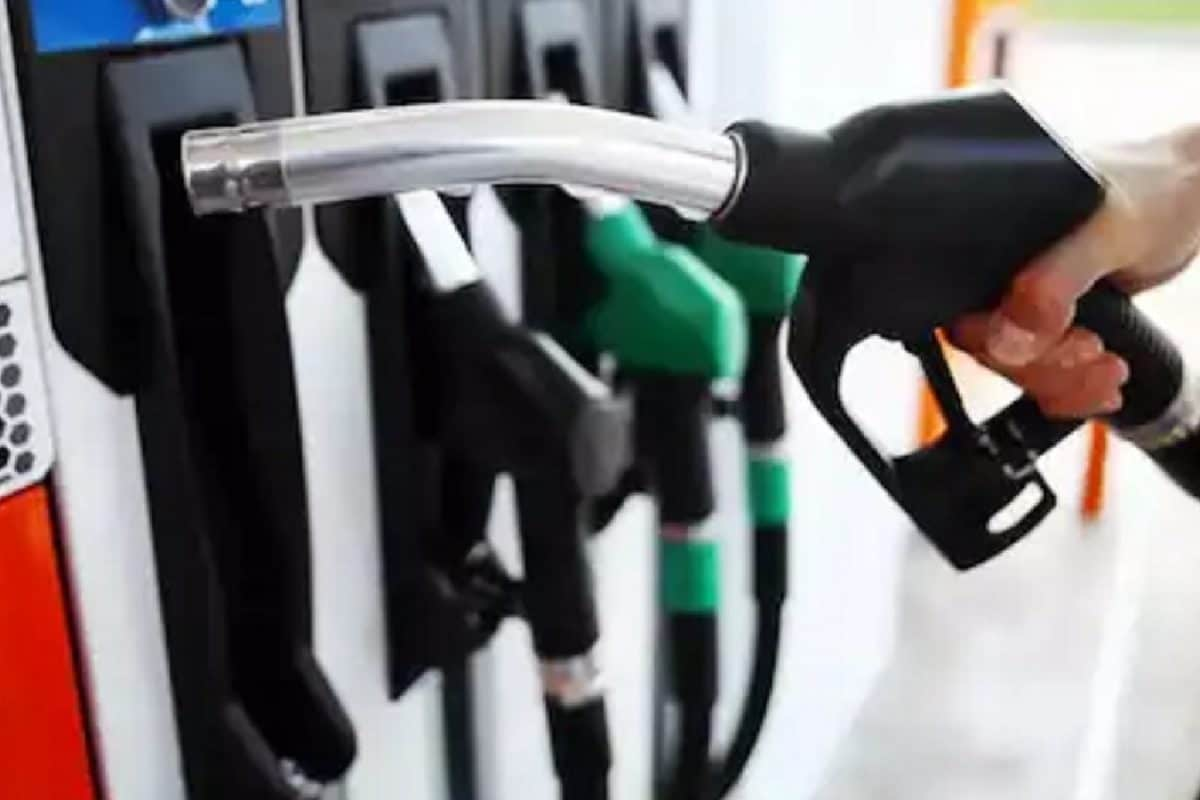As of June 27, 2025, fuel prices across major Indian cities have remained largely stable. The last significant nationwide revision occurred in March 2024, when petrol prices were reduced by ₹2 per litre. Daily price revisions are still practiced by oil marketing companies like Indian Oil Corp, Bharat Petroleum, and Hindustan Petroleum, factoring in global crude oil prices and exchange rates.
Current Fuel Prices in Major Cities:
- Delhi: Petrol is retailing at ₹94.77 per litre, while diesel costs ₹87.67 per litre.
- Mumbai: Petrol is priced at ₹103.50 per litre, and diesel costs ₹90.03 per litre.
- Chennai: Petrol is sold at ₹100.80 a litre, and diesel costs ₹92.39 per litre.
- Kolkata: Petrol is at ₹105.41, and diesel is priced at ₹92.02 per litre.
- Bangalore: Petrol costs ₹99.84 per litre.
Factors Influencing Fuel Prices:
Several factors contribute to the daily fluctuations and overall pricing of petrol and diesel in India:
- Global Crude Oil Prices: The price of crude oil in the international market is a primary driver. Events such as geopolitical tensions, supply disruptions, and production decisions by OPEC+ nations significantly impact crude oil prices. For instance, rising tensions between Israel and Iran have previously led to concerns about potential damage to oil facilities and disruptions in the Strait of Hormuz, a critical waterway for oil shipments.
- Exchange Rate: As oil is traded in U.S. dollars, the exchange rate between the rupee and the dollar plays a crucial role. A weaker rupee makes oil imports more expensive, potentially leading to higher fuel prices.
- Taxes and Duties: Central and state government taxes, including excise duty and Value Added Tax (VAT), form a significant portion of the retail fuel price. These taxes vary across states, leading to price differences even within the same country.
- Demand and Supply: Domestic demand and supply dynamics also influence prices. High consumption in urban areas, especially by middle-income groups, can push prices higher.
- Dynamic Fuel Pricing: Implemented in June 2017, this system allows daily price revisions based on market conditions, promoting transparency and limiting speculative practices.
- Geopolitical Risks: Events like wars, natural disasters, and global economic factors can cause market disequilibrium and affect fuel prices.
Impact of Stable Prices:
Fuel prices in India have remained relatively steady since May 2022, following reductions in fuel taxes by the central and state governments. While stable prices provide relief to consumers and help control inflation, any upward pressure on crude oil prices can have cascading effects on the economy. A rise in diesel prices, for example, can increase transportation costs, leading to higher commodity prices and potentially prompting the Reserve Bank of India (RBI) to adjust interest rates to manage inflationary pressures.
Global Market Trends:
The global oil market has seen turbulence, with futures experiencing volatility due to factors such as the conflict in the Middle East, US tariff negotiations, and potential easing of sanctions on Iran. Monitoring these global trends is crucial for understanding potential impacts on domestic fuel prices.
Looking Ahead:
While current prices remain stable, several factors could influence future price revisions. These include:
- OPEC+ production decisions
- The ongoing Russia-Ukraine conflict
- US-China trade negotiations
- Geopolitical Instability
Consumers are advised to stay informed about these factors and their potential impact on fuel prices in the coming weeks and months.

